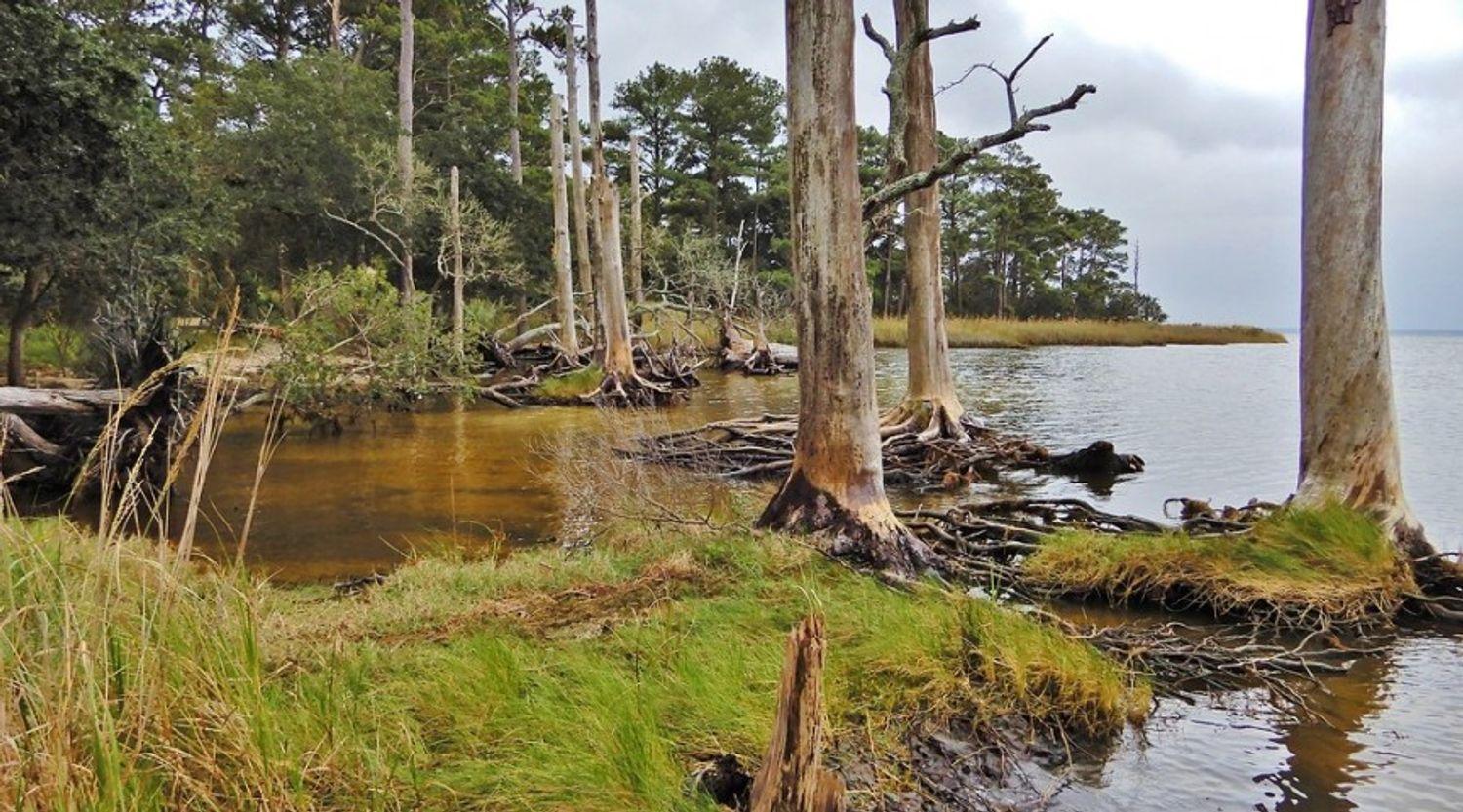Green occupations are jobs that add to the restoration and sustaining of the natural environment. A green career can be any occupation that is influenced by actions like preserving energy, creating substitute energy, reducing pollution, or recycling.
The fundamental element of a green economy is to perceive the economic value of our natural capital and assets and understand the need to secure those assets over the long run.
A green economy will, at last, lead us to sustainability in the meantime improving human prosperity and social equality and decreasing ecological sacrifices and dangers.
Energy and carbon capture and storage
Carbon capture and storage (CCS) is the activity toward capturing and storing carbon dioxide (CO2) before it is discharged into the atmosphere.
The careers associated with capturing and storing energy and/or carbon emissions, as well as technologies connected with power plants utilizing the integrated gasification combined cycle (IGCC) technique. CO2 can be captured by utilising various strategies.
The fundamental ones are post-combustion, pre-combustion, and oxyfuel. Post-ignition technology ejects CO2 from the flue gases that emerge from burning fossil fuels. Pre-combustion techniques are carried out before burning the fossil fuel.
It includes transforming over the fuel into a mixture of hydrogen and CO2. Carbon capture and storage isn't only fossil-fuel-burning power plants.
It can work with modern carbon dioxide sources, for example, steel, concrete, and chemical plants and incinerators. The carbon can be transformed into new items, for example, fuels, cement, soft drinks, and many more.
Energy efficiency
An energy-efficiency job is an occupation that covers both the creation and establishment of energy-saving goods and the arrangement of services that reduce end-use energy consumption. Careers identified with increasing energy efficiency, making energy demand response more effective, building smart grids, etc.
These employments incorporate the creation of new and existing buildings more efficient, updating and fixing heating, ventilation, and air conditioning (HVAC) equipment, fabricating ENERGY STAR-certified appliances, and planning and building high-performance buildings.
Energy trading
Energy traders' job is to trade energy at an offered price to make a profit. Careers identified with purchasing and selling energy as an economic product, as well as carbon trading projects. This can be energy in the form of natural gas supplies, petroleum stocks, or electricity shares on the power grid.
Energy traders use computer software programs and other scientific instruments, for example, meteorological data to help figure out what direction energy costs may be going. energy traders utilize various devices to help anticipate energy costs. Keeping these instruments in good condition is another task of an energy trader.
Environment protection
Environmental protection includes employments that help decrease the negative ecological effects of the present activities, restore harmed environments to health, or build sustainable lifestyles for the future. Careers identified with ecological remediation, environmental change adjustment, and ensuring or enhancing air quality.
Environmental employments once fundamentally comprised of scientific research roles, the quickly developing green jobs' sector implies there is a demand for passionate environmentalists in various fields, including law, marketing, planning and development, education, and preservation.
Some traditional jobs in environmental protection incorporate environmental scientists, hydrologists, zoologists, and conservation scientists.
Manufacturing
Manufacturing will consistently be playing a major job in the economy, and that incorporates the green economy. Manufacturing is moving in the direction of a greener future.
Green Manufacturing is the restoration of production processes and the establishment of environmentally friendly tasks within the manufacturing field. It is the "greening" of manufacturing, in which employees utilize less natural assets, reduce pollution and waste, recycle and reuse materials, and moderate emanations in their procedures.
Green manufacturers research, and create, technologies and practices that decrease their effect on the environment. It Includes professions identified with the mechanical Manufacturing of green technology just as energy-efficient manufacturing processes.
It can be the Manufacturing of "green" items, especially those utilized in renewable energy systems and technology equipment and clean technology equipment of different types besides that it can be the"greening" of manufacturing by reducing pollution and waste by limiting natural asset use, recycling and reusing what was viewed as waste, and decreasing emissions.
Recycling and waste reduction
Waste is one of the most abundant assets on earth, and it's commonly covered in eco-harmful landfills. Reusing not just saves energy and reduces landfill waste. The reusing business also creates employment and helps the local economy.
The recycling industry is developing quickly, which can prompt numerous ecological and economic benefits. It incorporates Careers identified with solid-waste and wastewater management, treatment, and decrease, just as handling recyclable materials.




